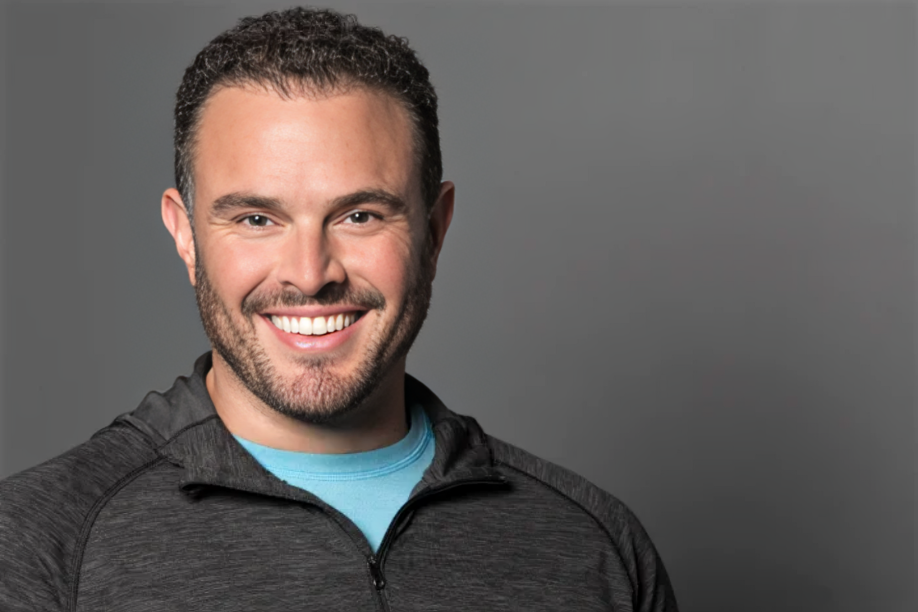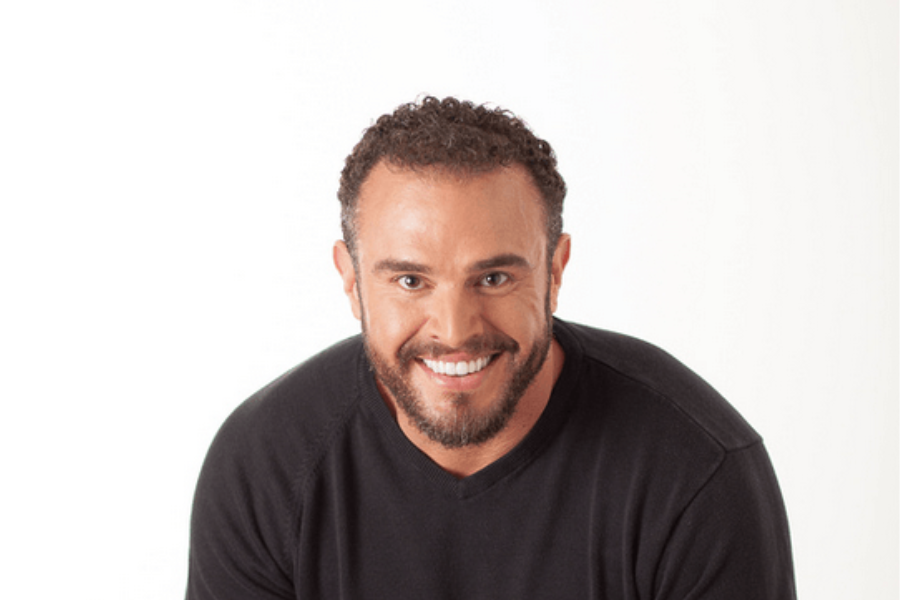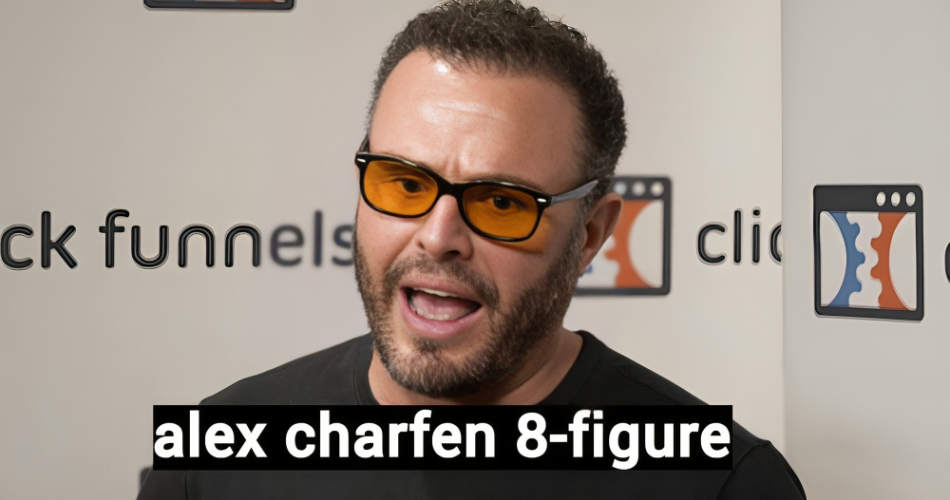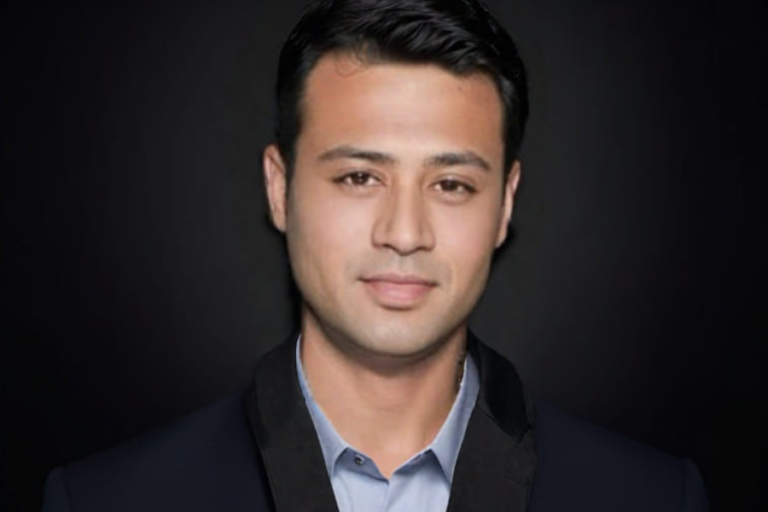How about “Mastering Adaptability: Alex Charfen’s Blueprint for Thriving in a Dynamic World”?
Who is Alex Charfen?
Alex Charfen is an entrepreneur and business strategist known for his work in real estate and personal development. He began his career at the age of eight after his family’s business was sold due to financial difficulties. Starting out by selling goods at a flea market with his father, Charfen developed a deep interest in business early on. Through reading about influential business figures, he cultivated his entrepreneurial spirit.
As a teenager, he launched multiple businesses, some of which failed while others thrived. During the 2008 financial crisis, his successful real estate company in Florida suffered major losses. However, Charfen pivoted by creating a business model that helped real estate investors navigate distressed properties, ultimately assisting homeowners during the housing crisis. His Certified Distressed Property Expert (CDPE) process reportedly shortened the U.S. foreclosure recovery by five years, as cited by the U.S. Treasury.
Adapting to a Changing World
In today’s rapidly evolving environment, adaptability is not just a nice-to-have quality—it’s a necessity. Flexibility in responding to change can often be the dividing factor between success and failure.
The world continues to undergo rapid shifts in technology, business, and culture. As a result, individuals and organizations need to stay agile and open to change in order to maintain their relevance. In fact, LinkedIn reported in 2023 that 67% of employers view adaptability as one of the most important skills in the workforce.
According to Charfen, adaptability is about more than just surviving—it’s about thriving amidst adversity. Those who are flexible are more likely to innovate, handle stress, and ultimately achieve long-term success.
Alex Charfen’s Adaptability
Alex Charfen’s approach to adaptability is deeply rooted in three core principles: resilience, continuous learning, and flexibility. These elements come together to form a comprehensive and dynamic framework that is designed to help individuals and businesses not only survive in changing environments but actively thrive and grow.
1. Resilience: At the heart of Charfen’s model is resilience, the ability to bounce back from setbacks, obstacles, and unforeseen challenges. Charfen emphasizes that resilience is not just about enduring hardship but about using adversity as a stepping stone for further development. It involves maintaining focus, staying grounded during times of uncertainty, and having the mental fortitude to keep pushing forward when things don’t go as planned.
Resilience also means understanding that failure is an inevitable part of growth. Charfen encourages individuals to view setbacks not as roadblocks but as valuable learning experiences that contribute to long-term success. By developing resilience, people can recover faster and remain motivated, even when faced with significant challenges, and this becomes a crucial skill in an unpredictable world.
2. Ongoing Learning: Continuous learning is another cornerstone of Charfen’s adaptability framework. In a world where industries, technologies, and societal norms are constantly evolving, staying static can be a significant liability. Charfen advocates for a mindset where learning is seen as an ongoing process, not something that stops after formal education or when reaching a certain level of expertise.
This principle encourages individuals to seek out new knowledge, develop new skills, and stay curious about the world around them. Whether it’s through formal education, self-study, or experiential learning, Charfen believes that keeping an open mind and being willing to learn from any situation is critical for long-term adaptability. Those who embrace continuous learning are more equipped to navigate change, as they can quickly acquire the skills and knowledge necessary to adapt to new circumstances.
3. Flexibility: Flexibility is the third key pillar of Charfen’s approach to adaptability. This is about being open to altering plans, adjusting strategies, and evolving your goals as new information and situations arise. Charfen’s framework encourages individuals to avoid rigid thinking and instead adopt a mindset that is agile and responsive to change.
Being flexible doesn’t mean abandoning structure or goals; rather, it’s about being willing to reevaluate and modify your approach when conditions shift. Whether it’s adapting a business model to meet changing market demands, revising personal goals, or shifting daily routines to optimize productivity, flexibility allows individuals and organizations to stay relevant and competitive in a rapidly changing world.
Key principles of Charfen’s approach include:
- Continuous Learning: Always remain open to acquiring new knowledge and skills.
- Flexibility: Be prepared to adjust strategies as new situations arise.
- Resilience: Quickly recover from setbacks and stay focused on long-term goals.
How Charfen’s Framework Sets Him Apart
Charfen’s framework stands out because it merges emotional intelligence with tangible, action-based adaptability techniques, creating a more comprehensive and forward-thinking model. Traditional approaches to adaptability often focus solely on reactive measures—adjusting to change after it has occurred. In contrast, Charfen’s method promotes a proactive approach, where individuals are encouraged to foresee potential changes and prepare accordingly.
Emotional intelligence plays a central role in his model. By developing a deep understanding of one’s emotions and the emotions of others, individuals can respond to change with greater composure, empathy, and clarity. This awareness allows them to handle high-pressure situations without becoming overwhelmed, enhancing their ability to lead, make decisions, and inspire confidence in others. Emotional intelligence also fosters better communication and collaboration, crucial components when navigating uncertainty.
On the practical side, Charfen emphasizes strategic planning and flexibility. His approach encourages experimentation and innovation, promoting a mindset where change is not feared but welcomed as an opportunity for growth. Whether it’s adjusting business strategies, exploring new ideas, or refining goals, the ability to pivot swiftly while staying emotionally grounded gives individuals and organizations a distinct advantage.
Developing Adaptability
To enhance your own adaptability, focus on nurturing a growth mindset. Seek out challenges, learn from mistakes, and actively pursue feedback. Charfen also highlights the importance of emotional resilience—remaining composed in the face of uncertainty is key to navigating complex situations.
For leaders, adaptability is crucial. Flexible leaders instill confidence in their teams, foster innovation, and guide organizations through periods of change. Charfen advocates leading by example, promoting a culture of adaptability, and providing continuous learning opportunities for teams.
Conclusion
Alex Charfen’s approach to adaptability offers valuable insights for both individuals and businesses. His holistic model, which emphasizes continuous learning, resilience, and emotional intelligence, provides a roadmap for thriving in today’s ever-changing world. By integrating these principles, you can enhance your ability to overcome challenges and seize opportunities, whether in your personal life or career.
Keep up-to-date with breaking news and updates on Inventstech.com






